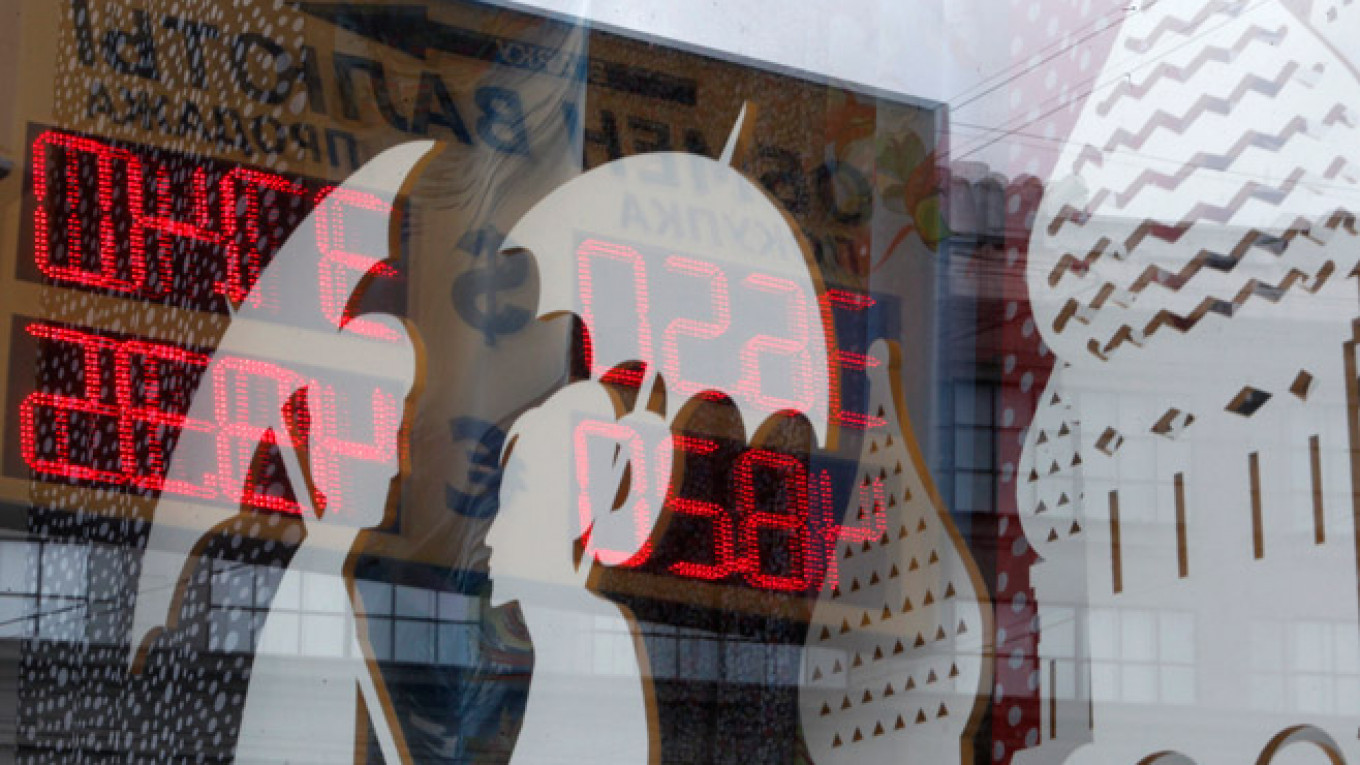Karl Marx taught that economics were the base on which ideology, politics and morality all rested. President Vladimir Putin and his inner circle read Marx at school and were once members of the Communist Party. Yet, seemingly irrationally, Russia has traded economic prosperity for a chunk of a neighbor's territory and the dubious honor of stomping on the world stage in the guise of an international pariah.
I would argue that it was actually Russia's economy that made its current insane course all but inevitable.
Marx was obsessed with the means of production: technology. Indeed, technology has always defined social structure and impacted history. In antiquity, economies relied on domestic animals and slaves. In the 16th century, Britain had superior technology, which allowed it to outcompete the global power of the day: Spain. Eventually, Spanish gold made its way into Britain's coffers in exchange for industrial products.
The industrial revolution created technology that at first assisted and then began to replace physical labor. Workers were no longer "means of production" but managers of machines. Throughout the 19th century they fought to attain economic and political rights previously enjoyed by the ruling classes.
Today we have the IT revolution. Computers not only help us think but are increasingly taking over mental and managerial processes. This kind of technology calls for a libertarian, anarchic and inclusive social organization.
Technologies compete in the marketplace using the language of money. Constantly adjusted by the invisible hand of "the father of modern economics" Adam Smith, prices send messages to economic players what to produce and what to buy. This is how the winners and losers in this constant struggle are determined. Winning technologies are emulated by rivals, spreading in an almost Darwinian fashion.
But the language of prices fails in commodity markets, where quantities are fixed and prices are set by an auction system. They may be bid up or down, often sending wrong signals. High commodity prices lift the currencies of producing nations, destroying other industries. This process is known as the "Dutch disease."
This is especially true in the case of oil exporters. While their citizens produce little, high oil prices tell them that they are among the winners. They demand international respect — which they don't get, because the real winners are owners of winning technologies.
Oil nations are often a mess politically: National leaders use petrodollars to bribe their populations and then harness the undercurrent of anger to stoke an "us against them" mentality, under cover of which they and their buddies pilfer the national wealth. This is the system that prevails in Nigeria, Venezuela and Russia. The only difference is that Russia has a stockpile of nuclear weapons, which has allowed Putin to act out Russia's national resentments with relative impunity.
But technology is gradually shaping commodity markets, too. Agriculture is now less dependent on the vagaries of weather, as technology, including biotech, has boosted yields across the board. The oil market is also increasing influenced by energy-saving engineering, green tech and new, highly efficient production techniques.
In oil production, we're now witnessing a shift of profits away from exporting nations to owners of advanced technology. It is a natural economic process, but it is bound to leave countries that can't innovate — including Putin's Russia — sulking on the dust heap of history.
Alexei Bayer, a native Muscovite, lives in New York. His detective novel "Murder at the Dacha" was published by Russian Life Books in 2013.
A Message from The Moscow Times:
Dear readers,
We are facing unprecedented challenges. Russia's Prosecutor General's Office has designated The Moscow Times as an "undesirable" organization, criminalizing our work and putting our staff at risk of prosecution. This follows our earlier unjust labeling as a "foreign agent."
These actions are direct attempts to silence independent journalism in Russia. The authorities claim our work "discredits the decisions of the Russian leadership." We see things differently: we strive to provide accurate, unbiased reporting on Russia.
We, the journalists of The Moscow Times, refuse to be silenced. But to continue our work, we need your help.
Your support, no matter how small, makes a world of difference. If you can, please support us monthly starting from just $2. It's quick to set up, and every contribution makes a significant impact.
By supporting The Moscow Times, you're defending open, independent journalism in the face of repression. Thank you for standing with us.
Remind me later.






